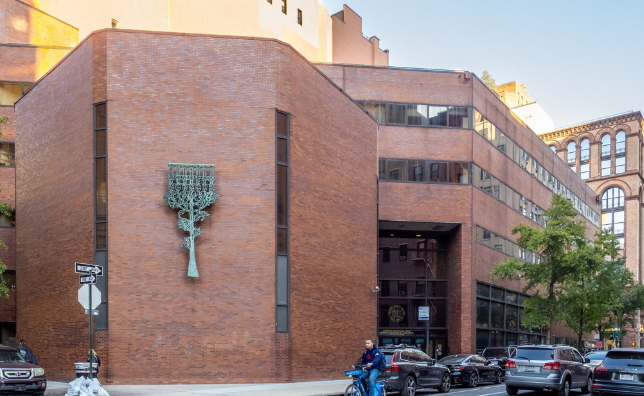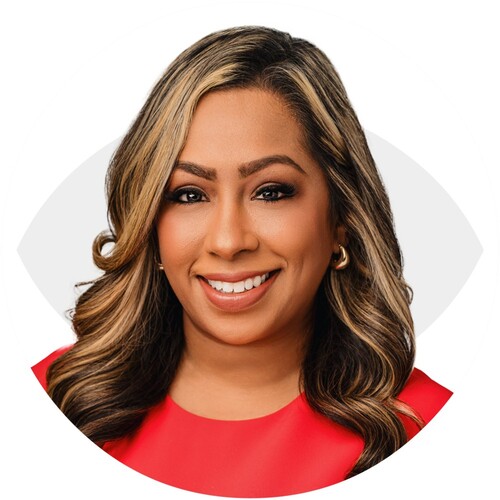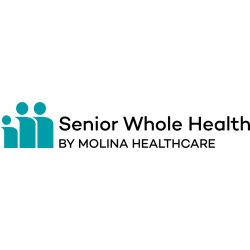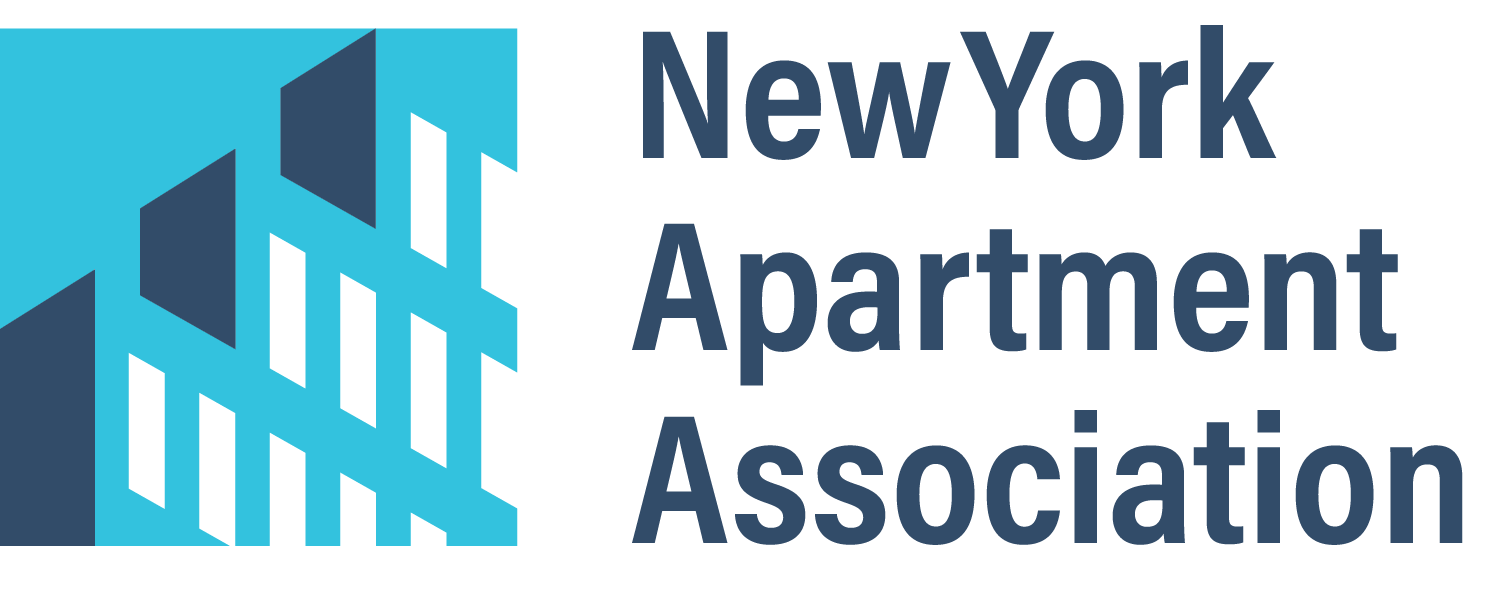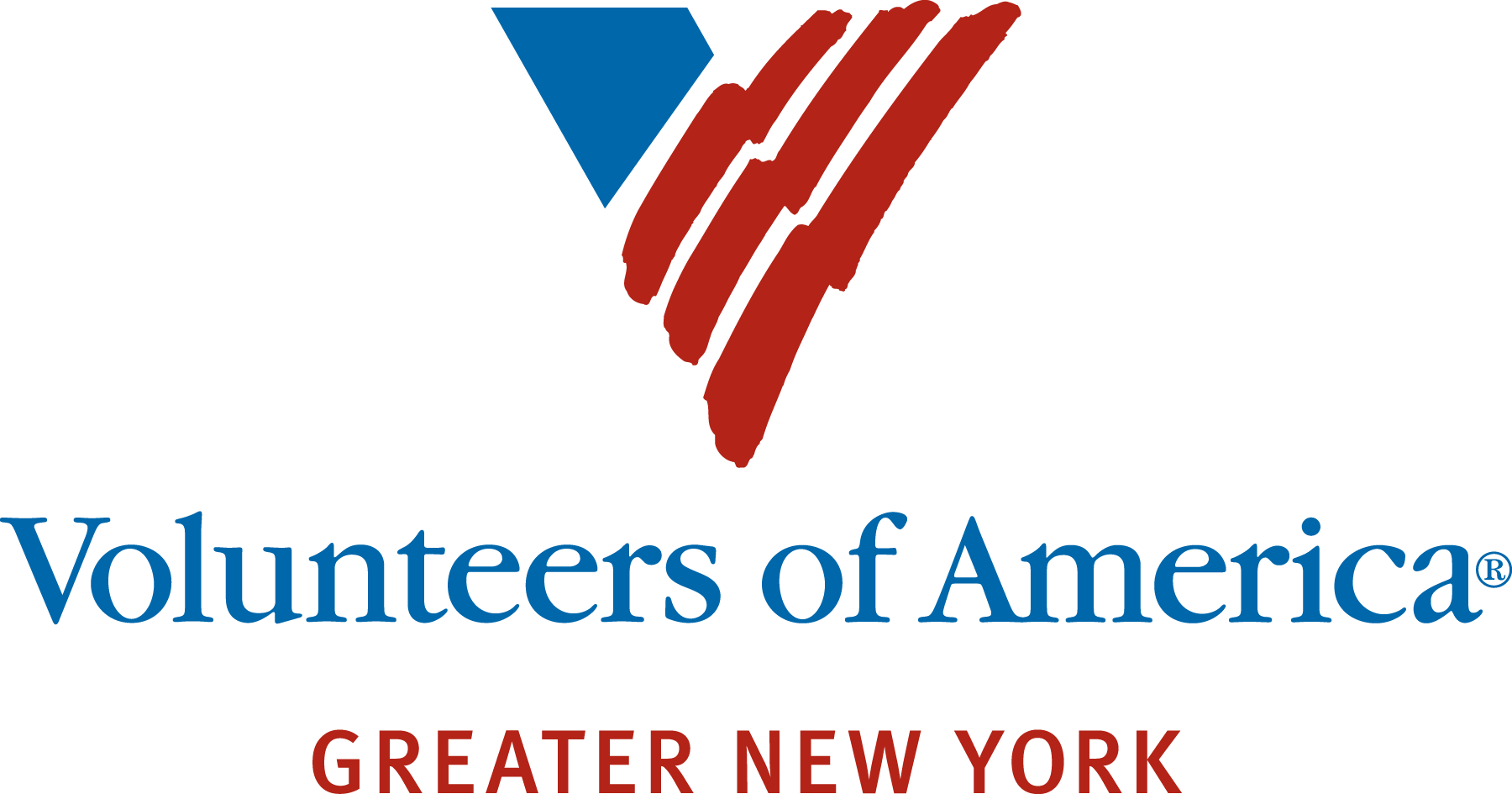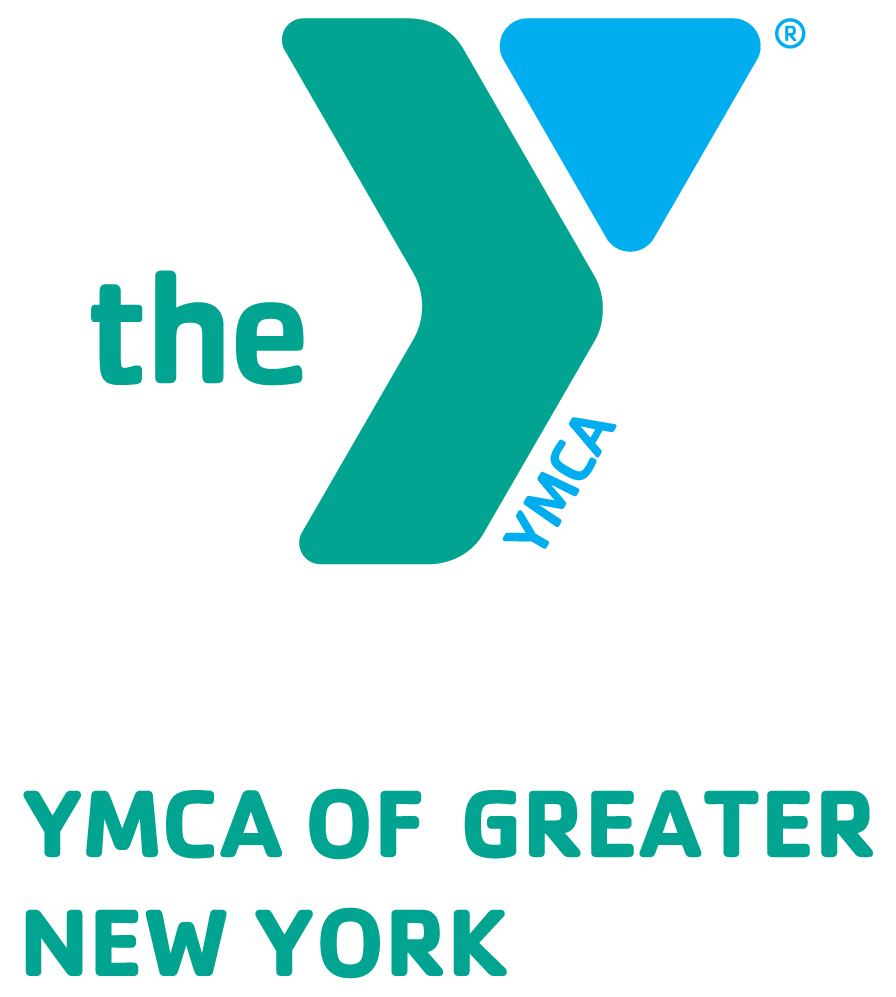Hero
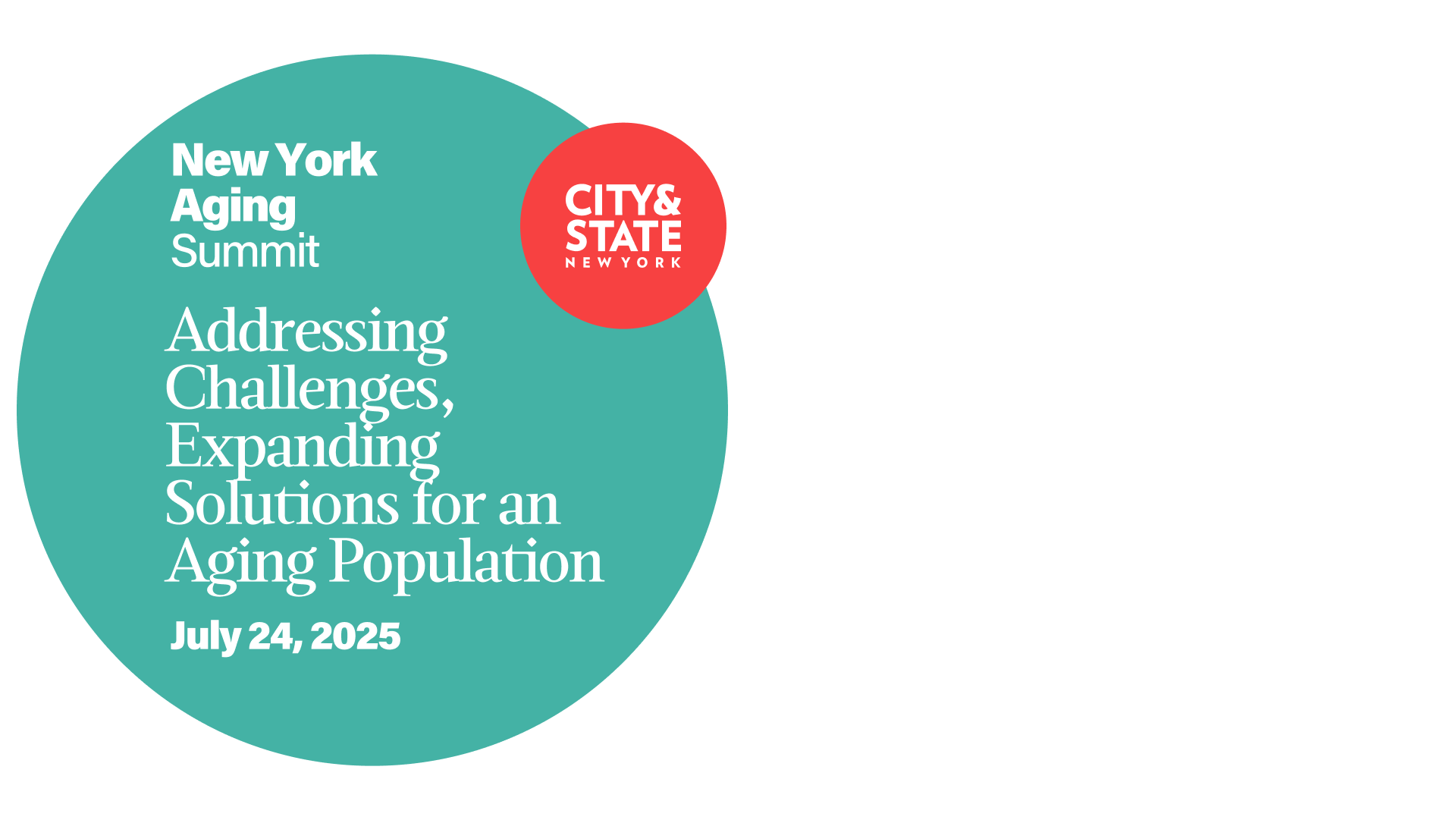
Header and Body
The U.S. population is aging rapidly, with 82 million Americans expected to be 65 or older by 2050. As lifespans grow, so do the challenges of elder care. City & State’s Aging in New York Summit will bring together experts to address age-friendly care, ageism, the caregiving crisis, and the changing needs of older adults. The event gathers renowned speakers, practitioners, thought leaders, and advocates for groundbreaking sessions on combating ageism, the caregiving crisis, community versus institutional care, and the evolving needs of adults over 60.
Details
The Hebrew Union College
1 West 4th Street
New York, NY 10012
Date: July 24th , 2025
Time: 9:00 AM - 3:30 PM
Sponsorships & Ticket Information:
For sponsorships and tickets, please contact Lissa Blake at LBlake@cityandstateny.com
Dress Attire:
Business Casual
Agenda
Times are subject to change.
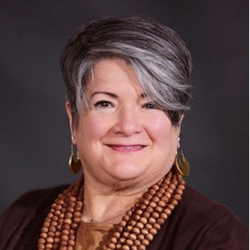
Lorraine Cortés-Vázquez
CommissionerNew York City Department for the Aging
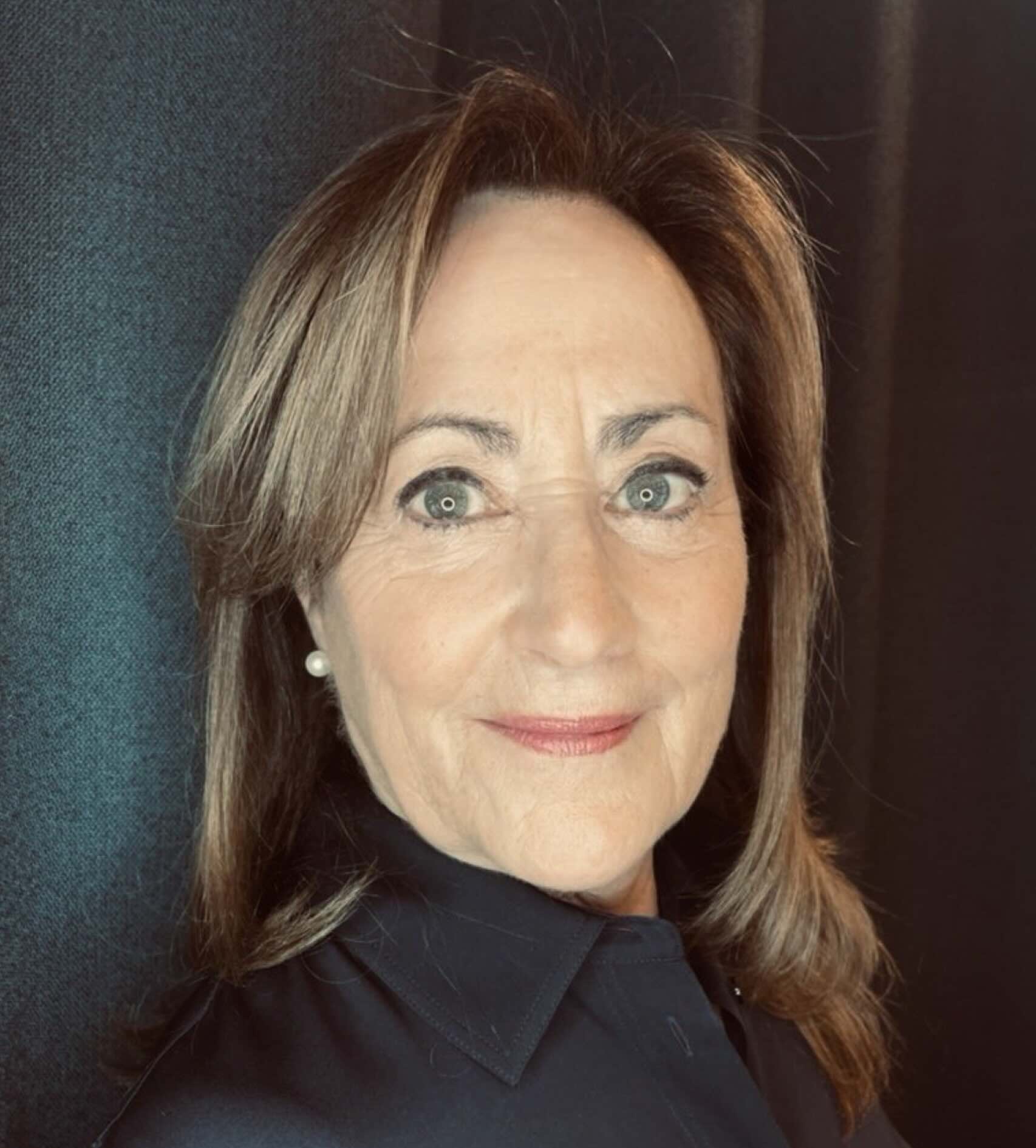
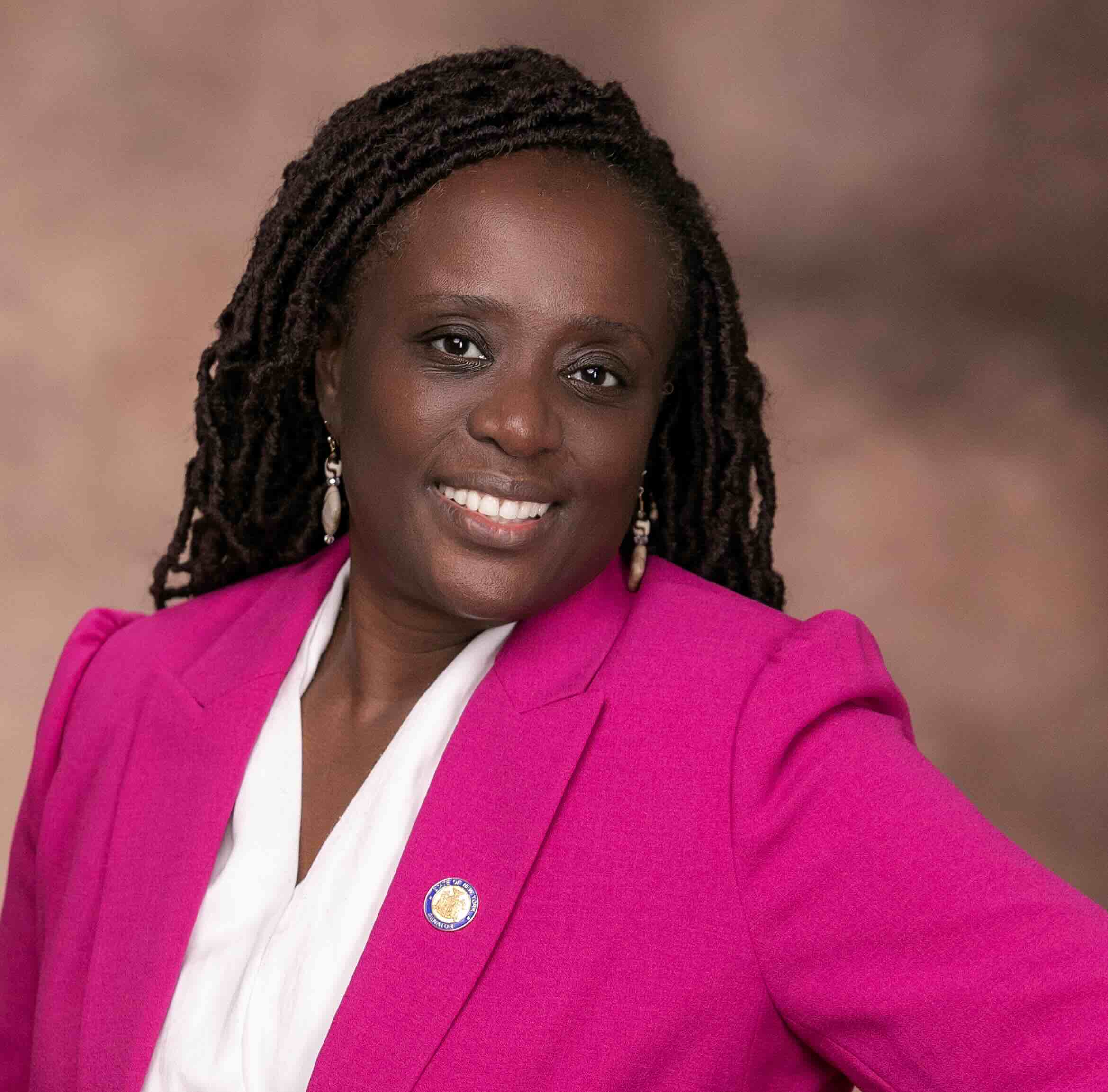
With New York’s older adult population projected to hit 5.3 million by 2030, strategic planning is vital. This panel will discuss state and city initiatives like the NY State Master Plan for Aging and Age-Friendly NYC, focusing on healthcare access, fixed income challenges, and support programs like NY Connects and HIICAP. It will also highlight efforts promoting healthy aging through nutrition, preventive care, physical activity, and social connection, all integrated with housing, transportation, and community planning.
With New York’s older adult population projected to hit 5.3 million by 2030, strategic planning is vital. This panel will discuss state and city initiatives like the NY State Master Plan for Aging and Age-Friendly NYC, focusing on healthcare access, fixed income challenges, and support programs like NY Connects and HIICAP. It will also highlight efforts promoting healthy aging through nutrition, preventive care, physical activity, and social connection, all integrated with housing, transportation, and community planning.

Beth Finkel (Moderator)
State DirectorAARP New York

Senator Cordell Cleare
ChairAging Committee

Charlie Williams
Assistant Director for Healthy Aging and LongevityNew York State Office for the Aging
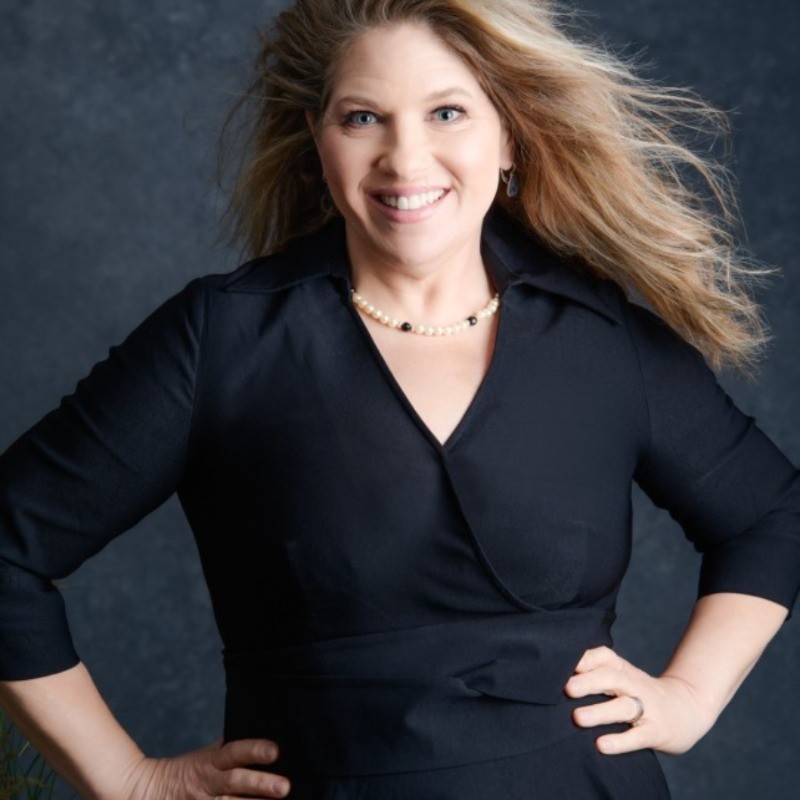
Corinne Carey
Senior Campaign Director for New York & New JerseyCompassion & Choices
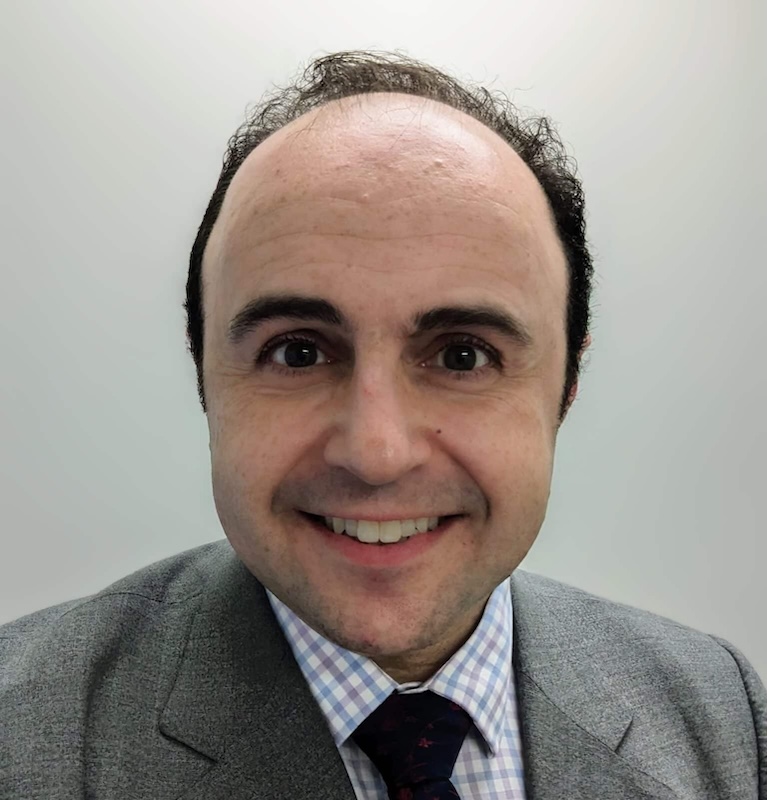
Andrew Lebwohl
Director, Center for the Master Plan for Aging Office of Aging and Long Term CareNew York State Department of Health

Neeraja Nagarajan
Associate Partner / Co-Director, Healthy LongevityMcKinsey & Company/McKinsey Health Institute
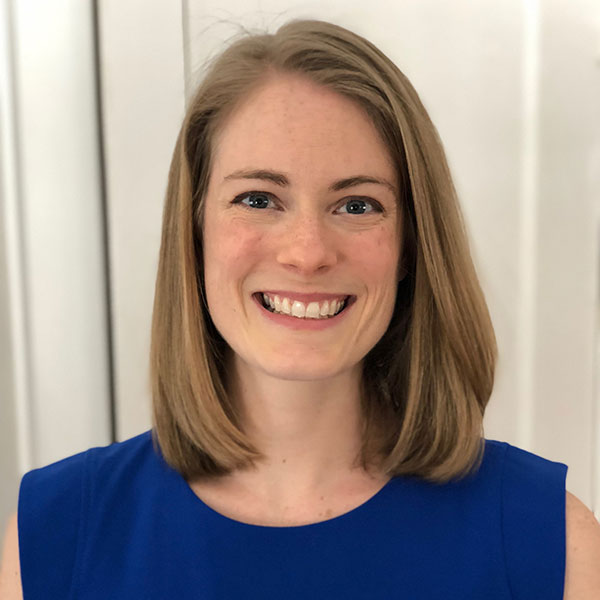
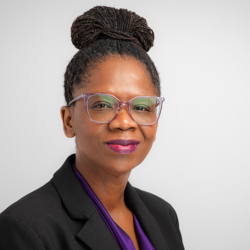
The New York State Long-Term Care Planning Project (LTCPP), a collaboration between the Department of Health and NYSOFA, aims to improve services for the state’s growing aging population. This panel will explore the full range of residential care options—nursing homes, assisted living, and other long-term care settings—highlighting key differences in services, eligibility, costs, and oversight. Panelists will discuss how these systems operate, how families can make informed choices, and where opportunities for improvement exist.
The New York State Long-Term Care Planning Project (LTCPP), a collaboration between the Department of Health and NYSOFA, aims to improve services for the state’s growing aging population. This panel will explore the full range of residential care options—nursing homes, assisted living, and other long-term care settings—highlighting key differences in services, eligibility, costs, and oversight. Panelists will discuss how these systems operate, how families can make informed choices, and where opportunities for improvement exist.

Allison J. Nickerson (Moderator)
Executive DirectorLiveOn NY

Daveth Forbes-Thomas
CEONYC Health + Hospitals/McKinney
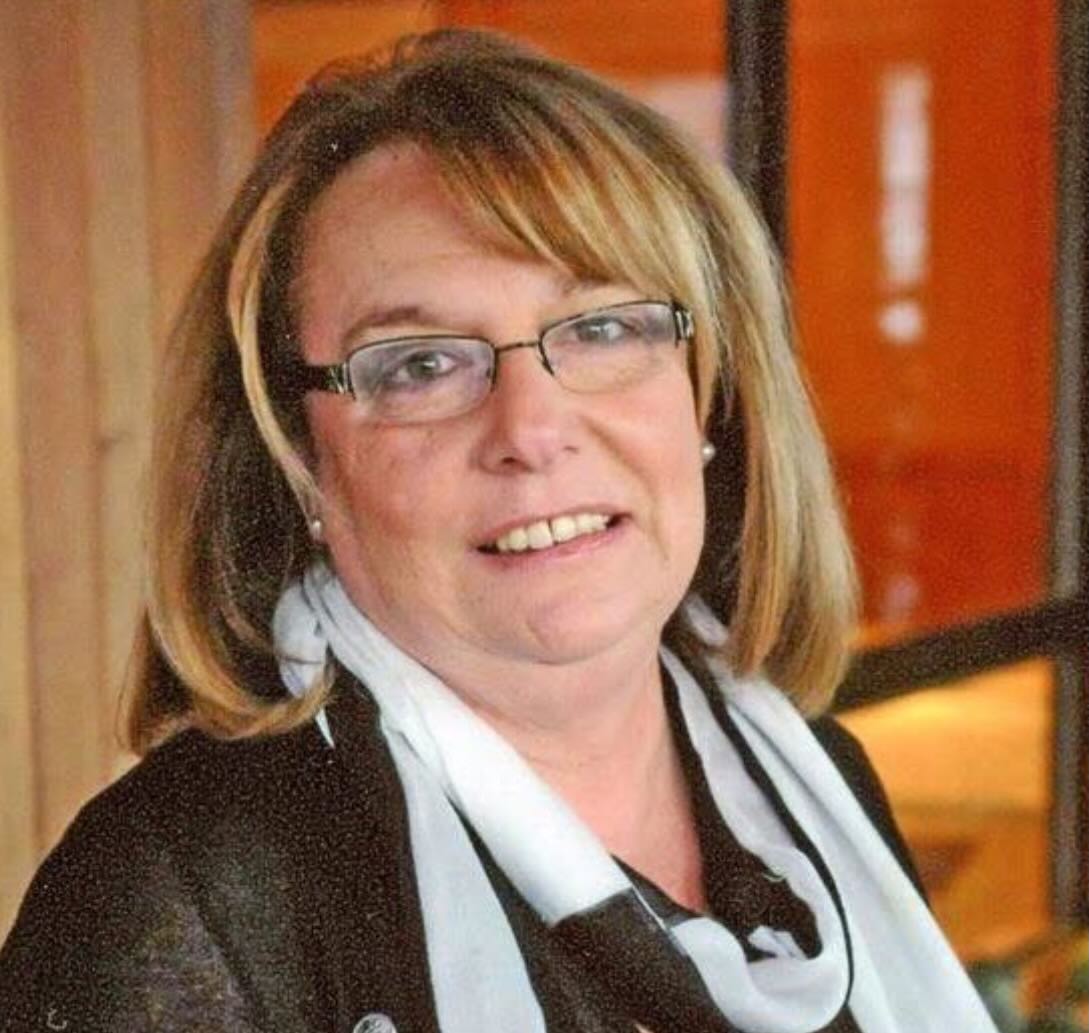
Deb Riitano
CommissionerAlbany County Department for Aging
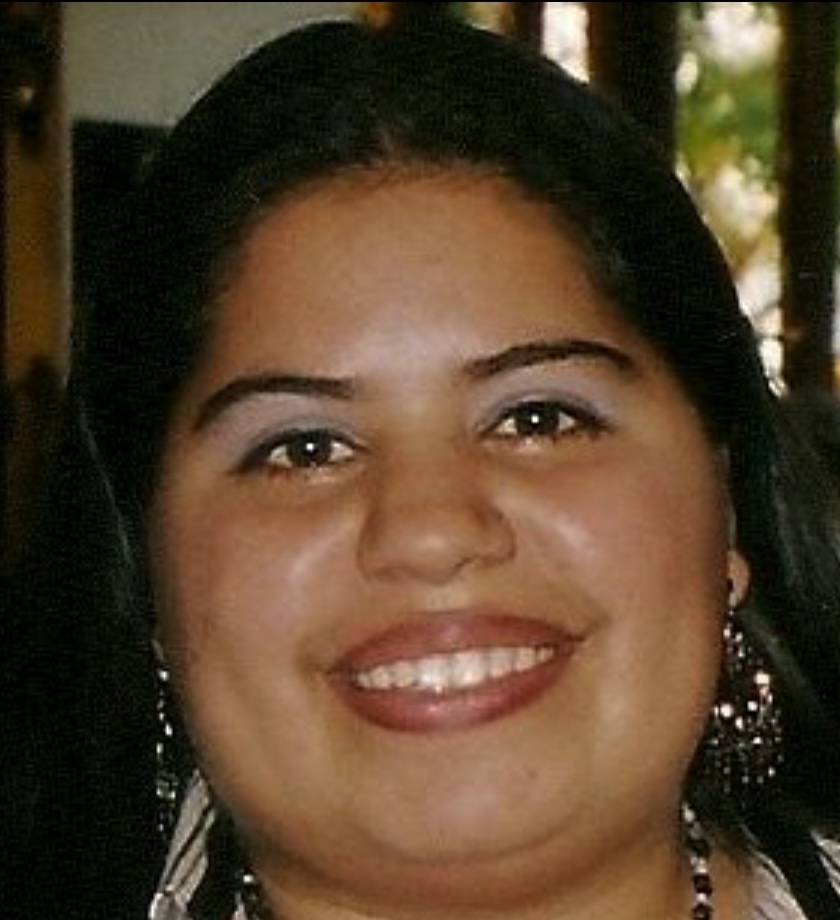
Carolina Hoyos
Senior Director, Caregiver SupportNew York City Department for the Aging
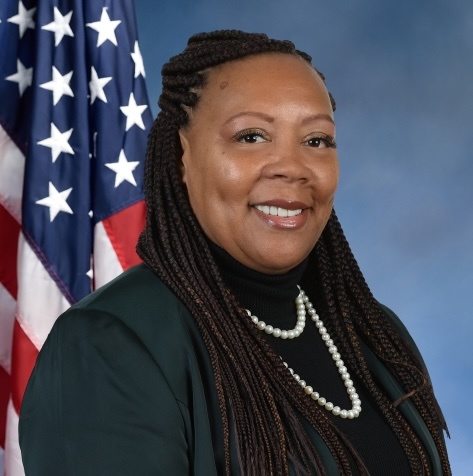
Assemblywoman Larinda C. Hooks
MemberCommittee on Aging
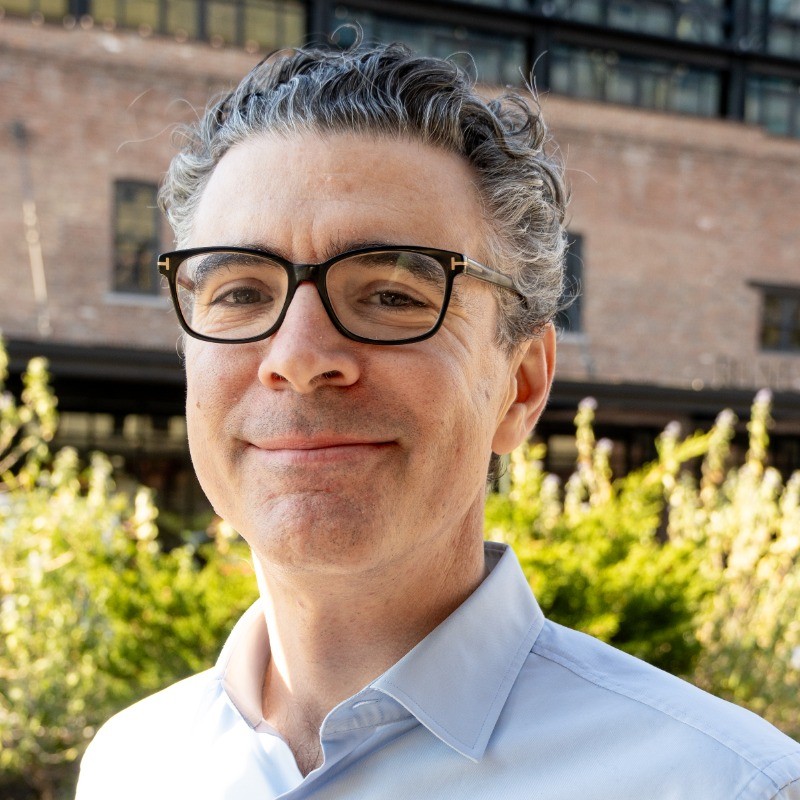
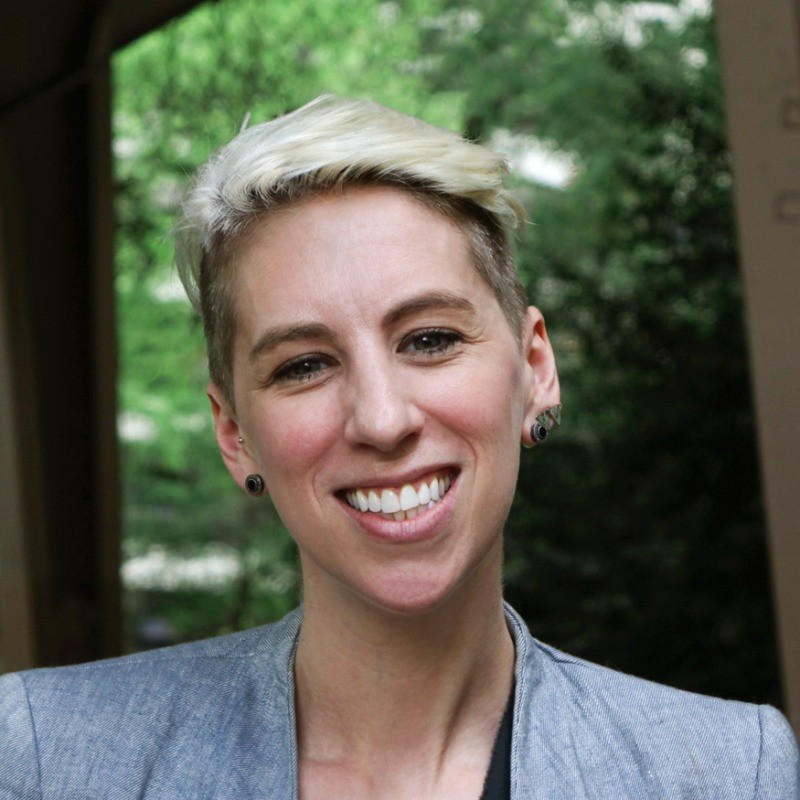
As New York’s population ages, older adults face workforce barriers like age discrimination and limited reentry paths, even as industries such as healthcare struggle with staffing shortages. Solutions like age-friendly hiring, retraining, and flexible jobs are vital to tap into this underutilized talent pool. Meanwhile, the senior housing crisis is growing—East Clarke Place Senior Residence received 26,000 applications for only 84 units—and nearly half of adults over 70 lack retirement income. This panel will examine senior housing options, in-home services, and workforce strategies, highlighting how public and private sectors can collaborate to support older adults.
As New York’s population ages, older adults face workforce barriers like age discrimination and limited reentry paths, even as industries such as healthcare struggle with staffing shortages. Solutions like age-friendly hiring, retraining, and flexible jobs are vital to tap into this underutilized talent pool. Meanwhile, the senior housing crisis is growing—East Clarke Place Senior Residence received 26,000 applications for only 84 units—and nearly half of adults over 70 lack retirement income. This panel will examine senior housing options, in-home services, and workforce strategies, highlighting how public and private sectors can collaborate to support older adults.

Jonathan Bowles (Moderator)
Executive DirectorCenter for an Urban Future

Lucy Joffe
Deputy Commissioner for Policy & StrategyNYC Department of Housing Preservation & Development (HPD)

Colette Phipps
Director, Program DevelopmentWestchester County Department of Senior Programs and Services
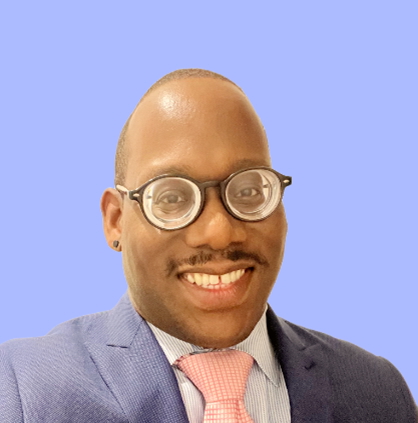
Ryan A. Murray
Executive Deputy Commissioner & Chief Program OfficerNYC Department for the Aging
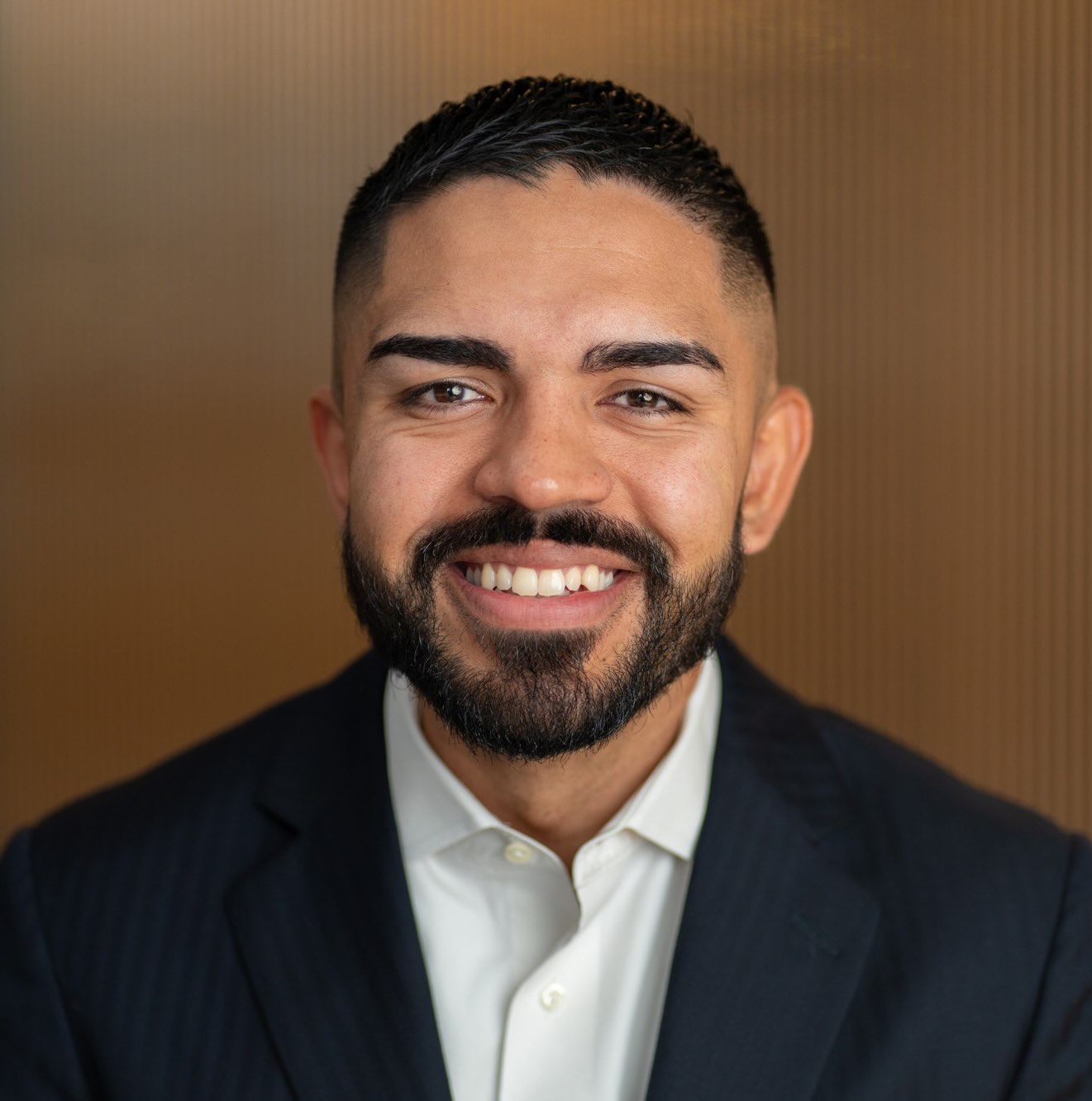
Kenny Burgos
CEONew York Apartment Association
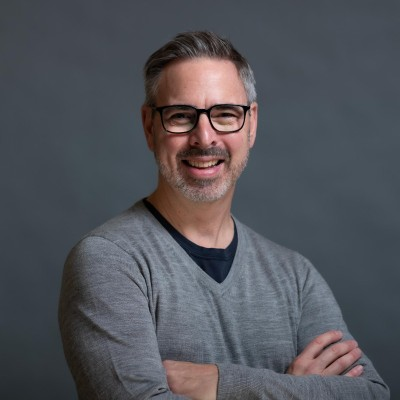
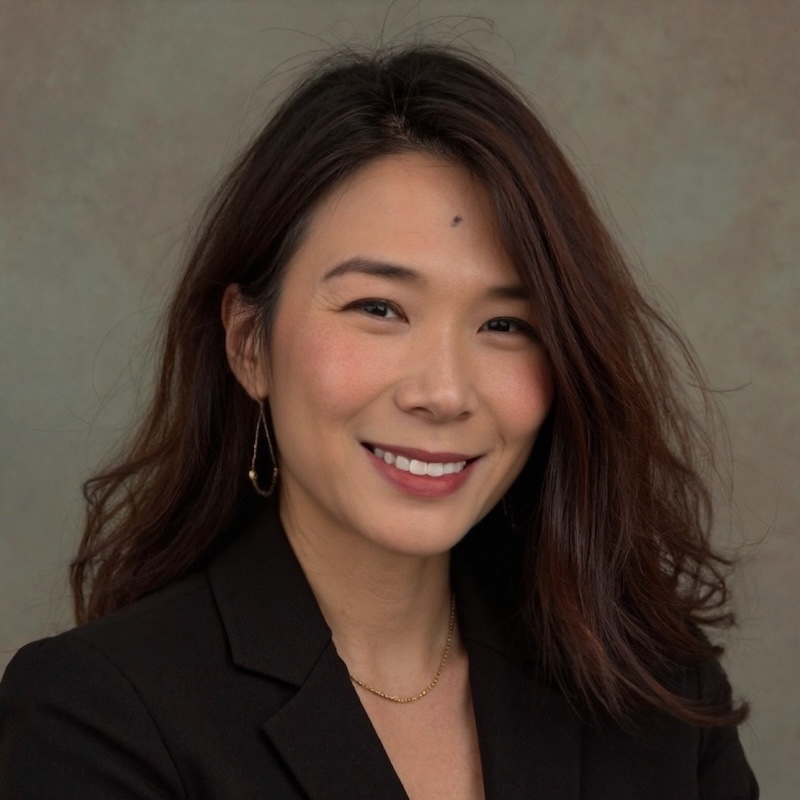
As New York’s older adult population grows, nearly one in three lives alone, heightening the risk of isolation and mental health challenges—issues intensified by the COVID-19 pandemic. This panel will discuss how collaboration among advocacy groups, healthcare providers, businesses, and local governments can enhance mental health services, expand tech access, and build stronger community networks. Topics will also include caregiver support, intergenerational programs, and initiatives that foster connection and resilience for older New Yorkers.
As New York’s older adult population grows, nearly one in three lives alone, heightening the risk of isolation and mental health challenges—issues intensified by the COVID-19 pandemic. This panel will discuss how collaboration among advocacy groups, healthcare providers, businesses, and local governments can enhance mental health services, expand tech access, and build stronger community networks. Topics will also include caregiver support, intergenerational programs, and initiatives that foster connection and resilience for older New Yorkers.

Steve Kastenbaum (Moderator)
ReporterCity & State NY

Eva Wong
Executive DirectorNYC Mayor’s Office of Community Mental Health
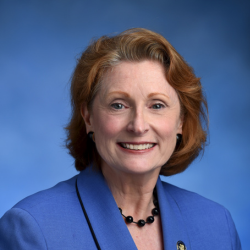
Assemblymember Jo Anne Simon
ChairCommittee on Mental Health
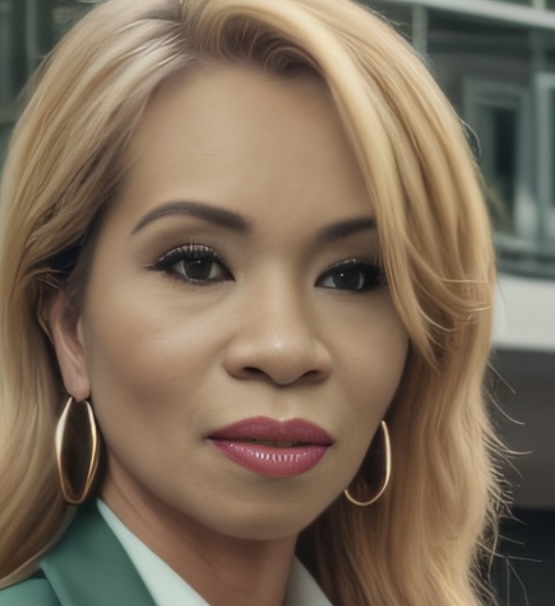
Cheryl Parris
Assistant Vice President, Health Care ServicesMolina Healthcare
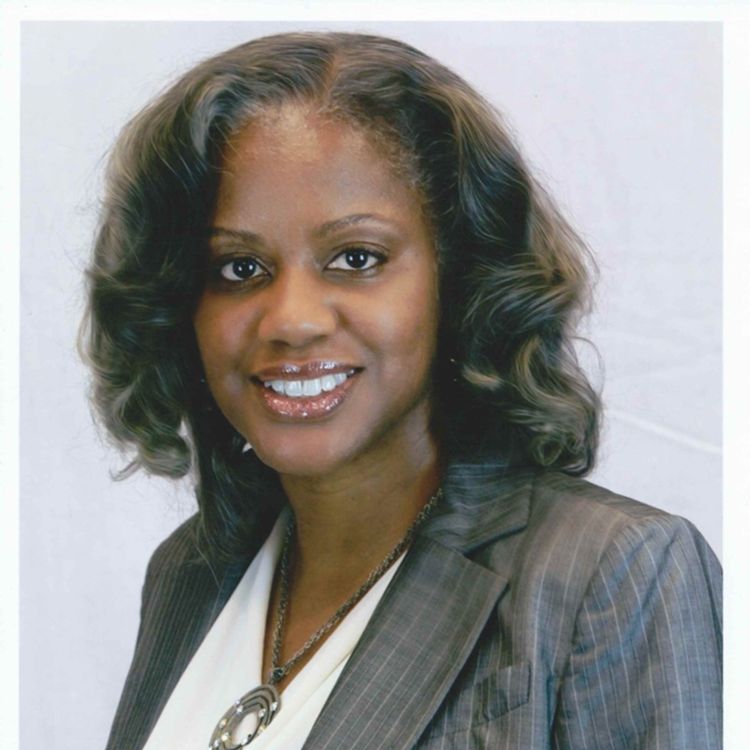
Marjorie Jean-Jacques
Vice President, Business Innovations & PartnershipsYMCA of Greater New York
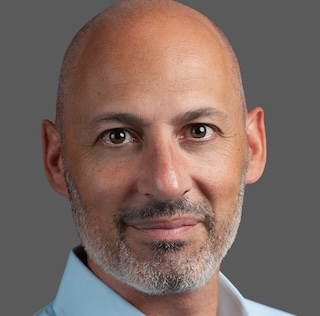
Jeffrey R. Ginsburg
President & CEOVolunteers of America – Greater New York
